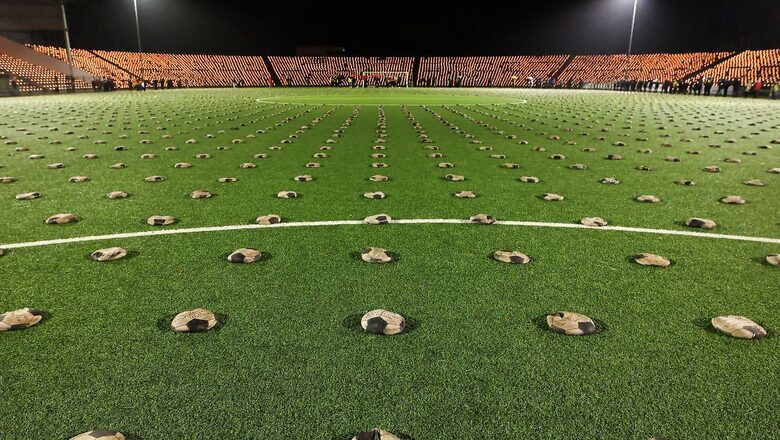
views
“Death is a natural part of life – whether it’s at work, whether it’s in your sleep.” The quote seems fit for some philosophical musing. However, that was not the setting of its utterance.
When asked about a Filipino worker who died at the tournament, chief executive of the Qatar FIFA World Cup Nasser al-Khater rubbished the ‘false narrative’ being spread by media and called death a ‘natural part of life.’

He was met with criticism, of course, especially by human rights group. But his reply failed in adequate response to the many reports of at least hundreds (and according to some, thousands of) migrant workers’ death during and before the tournament.
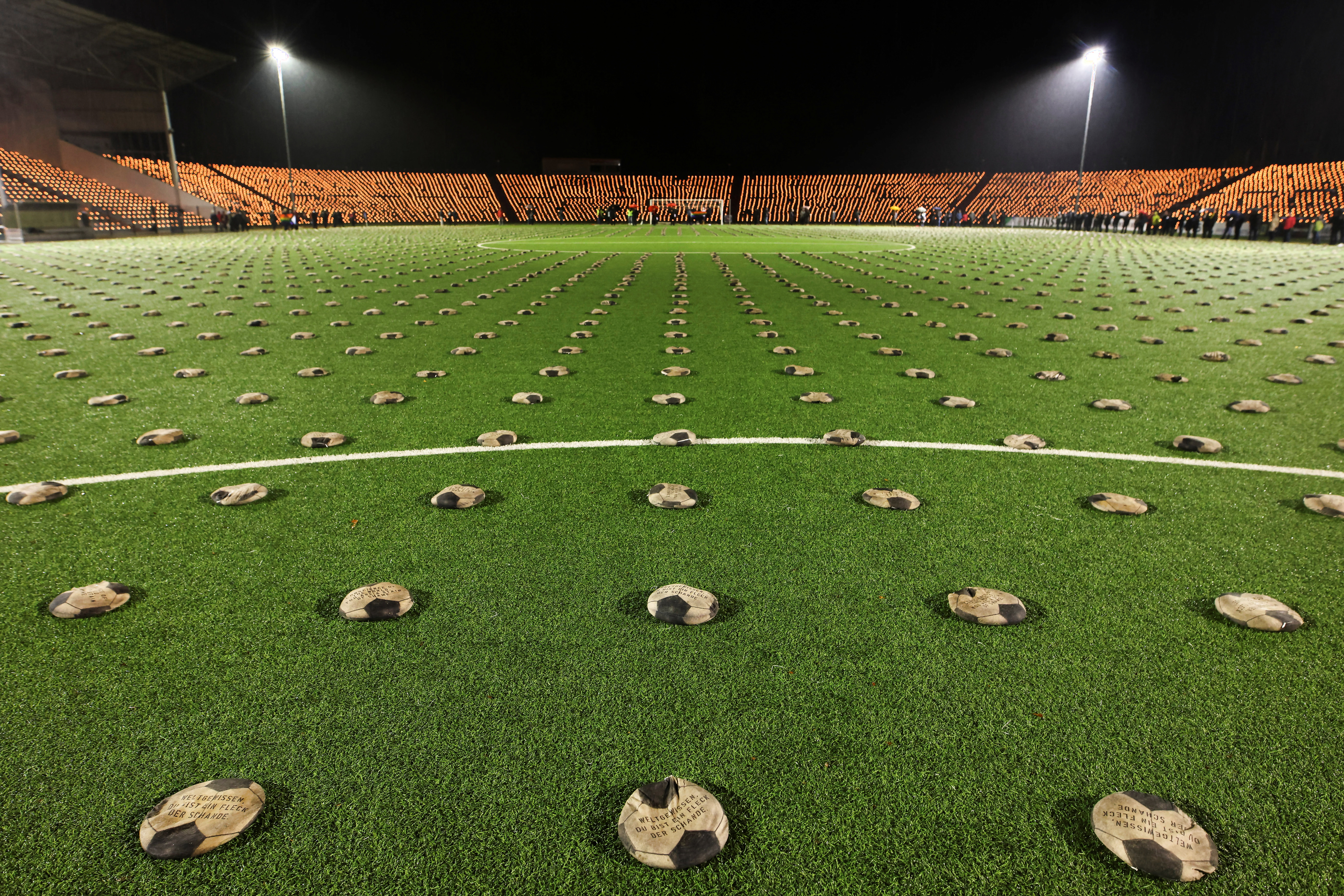
It’s also necessary to understand why migrant workers’ death are in focus here.
That is because, according to Amnesty International, migrant workers account for 90% of Qatar’s total workforce.
Human rights organisations have discovered that since Qatar was awarded the World Cup in 2010, many migrant workers have faced delayed or unpaid wages, forced labour, long hours in hot weather, employer intimidation, and an inability to leave their jobs due to the country’s sponsorship system.
And many have paid with the ultimate price – their lives.
How Many Have Died?
It’s hard to ascertain a proper figure.
The Guardian’s extensive reportage on the horrific work conditions for migrant workers and their deaths carried out over 10 years, revealed in 2021 that 6,500 South Asian migrant workers died in Qatar since the country was awarded the World Cup in 2010.
These workers came from India, Pakistan, Nepal, Bangladesh and Sri Lanka, the report said.
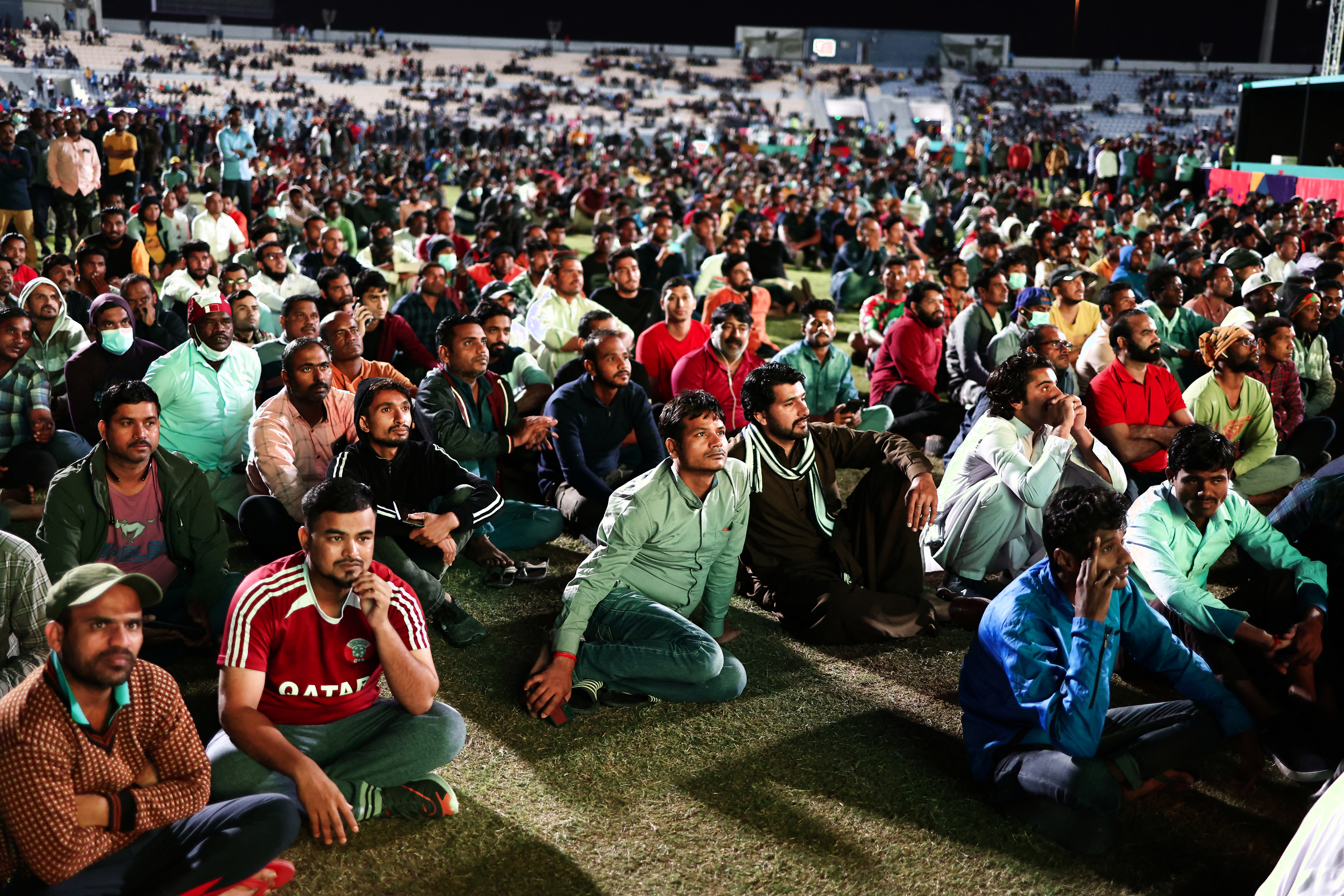
According to the Guardian’s analysis of data from India, Bangladesh, Nepal, and Sri Lanka, there were 5,927 migrant worker deaths between 2011 and 2020. Separately, data from Pakistan’s embassy in Qatar revealed an additional 824 Pakistani worker deaths between 2010 and 2020.
The total death toll is significantly higher because these figures exclude deaths from a number of countries, including the Philippines and Kenya, the report said, adding deaths that occurred in the final months of 2020 are excluded as well.
But the number that authorities provided was just 37. The event’s organising committee said there had been 37 deaths among workers directly linked to construction of World Cup stadiums, of which 34 were classified as “non-work related.”
More recently, World Cup chief Hassan Al-Thawadi stated that between 400 and 500 migrant workers had died as a result of work on tournament-related projects, a figure significantly higher than what was earlier stated by Qatari officials.
A report by the Athletic delves into this very question. The ’37 non-work-related deaths’ during stadium construction occurred (authorities said) as a result of workers collapsing or where the cause of death was not immediately apparent. On a death certificate, these are usually listed as ‘natural causes.’
They are not typically counted among the tournament-related deaths of individuals. “They call deaths non-work related if they don’t know how they died,” Nick McGeehan, a founding director of FairSquare who has studied migrant worker deaths in Gulf states for over a decade told the Athletic. He called the “three” figure “misinformation.”
“The organisers only classify accidents as work-related. But 20-something-year-olds don’t die of natural causes. You can’t put that on a death certificate, it is not a cause of death,” he told the publication.
The report also explains how a lack of post-mortem examination of the bodies – due to religious objections – have made it difficult for even human right organisations to come up with an exact figure. For its own reports, Athletic stuck to ‘thousands of deaths’ which it said was justified with the data collected by various media organisations, NGOs and human right bodies over a decade of hurt.
Why is the Figure Important?
It’s important because in Qatar, only ‘work-related’ deaths are cause for compensation to the victims’ families.
McGeehan contests that despite the religious obstruction to autopsies that exist there was ‘still a lot of technology’ to use. “There are MRI autopsies, autopsies by biopsy, and verbal autopsies, in addition to basic autopsies,” he said.
He said that with all of these factors combined, it was extremely rare for a health service to be unable to determine how someone died. The rate of unexplained deaths in a well-resourced health service, such as Qatar’s, should be 1%, he said.
But in Qatar, it ranges between 50 and 70% of the migrant worker population.
A Tale of Woe in India Too
An investigation carried out by the Indian Express into Indian migrant workers’ death in Qatar painted a grim picture for those who had left the country for lucrative job opportunities in the gulf nation.
Over the course of eight months, the publication worked to locate the families of migrant workers who died in Qatar while working on World Cup-related projects or jobs. It spoke to nine such families.
The workers who died were the sole breadwinners in seven of those families, the report said, adding that majority of them were men of working age who died primarily from “natural causes.”
Three of the nine employees were under 30, including one who was only 22 years old, and five others were under 50. Families say there was no prior medical history in more than half of these cases, and they learned of the deaths from friends or colleagues of the workers in Qatar.
Among these was 32-year-old Jagan Surukanti from Mallapur in Telangana. His father, Rajareddy, told the Indian Express: “I only know that my son went there fully fit. And he returned in a box.”
‘He Used to Make Tik Toks, Then He Died’
A BBC report on workers’ death told the story of Umesh Kumar Yadav, a 32-year-old Nepali who had also gone to Qatar. From a poor family, his father Laxman Yadav had sold their buffalo to pay $1,500 to an employment agent who promised to arrange a job.
(A separate Guardian report also revealed how, over the last decade, low-wage migrant workers were forced to pay billions of dollars in recruitment fees to secure jobs in World Cup host nation Qatar. According to the Qatar government, companies engaged in illegal recruitment practises have been severely punished, and 24 recruitment agencies have been shut down and their licences revoked for violating Qatari laws.)
Umesh used to post regular updates on Tik Tok, where he could be seen dancing in front of Qatar’s glitzy skyline or in his dorm-style accommodation with other migrant workers in his videos. Umesh also posted videos of himself working on construction sites, such as smiling from the top of a ladder.
His final post was on October 26 last year, when he shared a video of himself dancing at night in front of skyscrapers advertising the upcoming World Cup.
On October 27, Umesh’s cousin, Laxman, who was also working in Qatar, was told of his brother’s death. He told the BBC that construction authorities told him Umesh was taking the scaffold lift up when it hit something and broke, and he fell.
“They should have taken care of workplace safety,” Laxman told BBC. “They should have double-checked everything before allowing people to work.”
When the BBC contacted the construction company Umesh worked for, and they denied that a lapse in safety caused his death. According to their statement, “the accident occurred as a result of his negligence and recklessness.”
What Now, & What Has FIFA Said?
According to a report by Reuters, before the World Cup, the football associations of ten European countries, including England and Germany, wrote an open letter to FIFA, urging the world governing body to take action to improve the rights of migrant workers in Qatar.
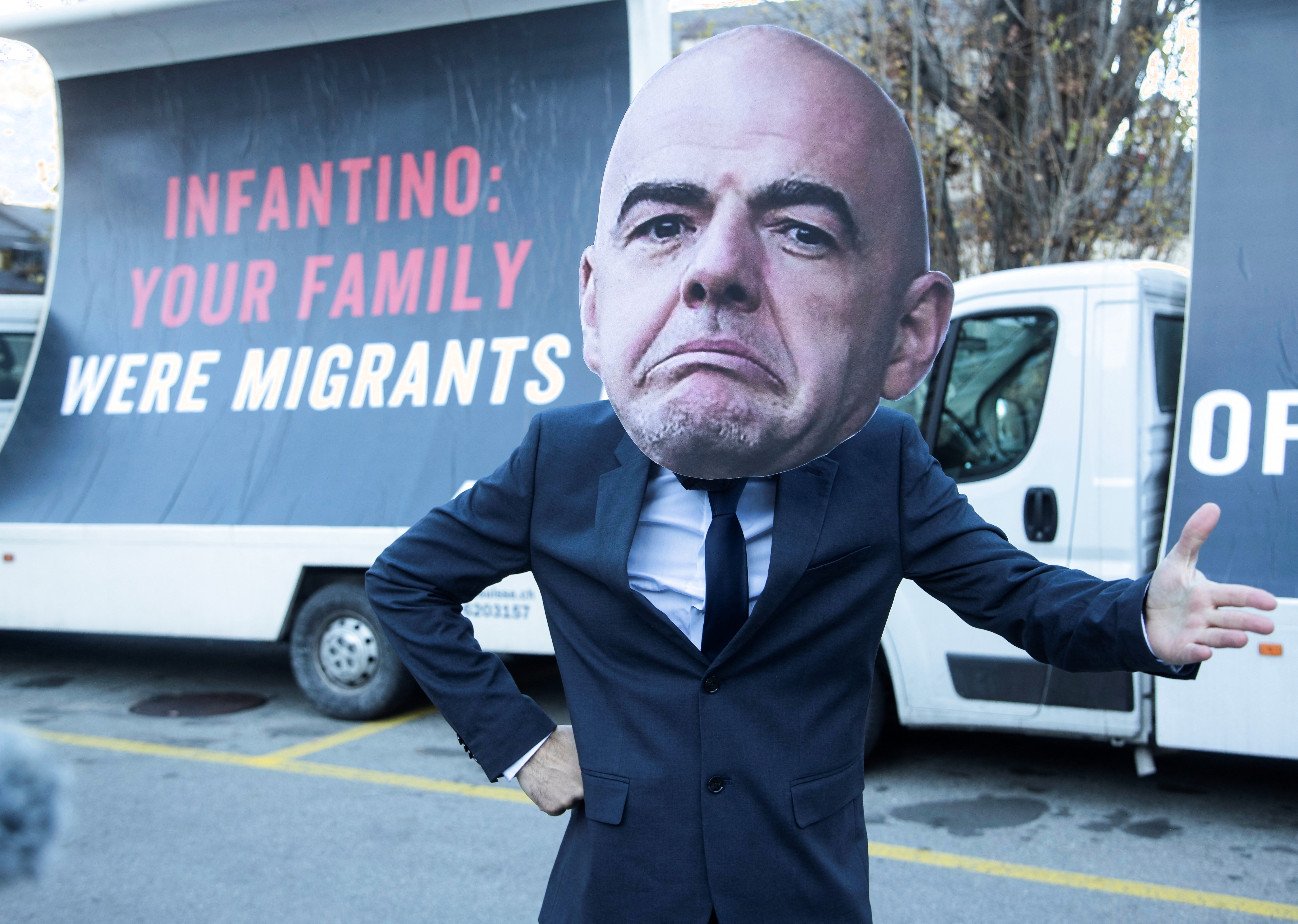
Earlier this month, a group of 11 European football associations met with FIFA, and the governing body confirmed support for a permanent ILO office in Doha to support and advise migrant workers.
The English Football Association stated in September that families of migrant workers in Qatar who were injured or killed while constructing infrastructure for this year’s World Cup should be compensated.
The shirts worn by the Netherlands team during the World Cup will be auctioned off to benefit migrant workers in Qatar, according to the Dutch Football Association (KNVB).
Amnesty International and other rights organisations have led calls for FIFA to set aside $440 million to compensate migrant workers in Qatar for human rights violations, matching the World Cup prize money.
FIFA has stated that it is reviewing Amnesty’s proposal and will conduct a “unprecedented due diligence process in relation to the protection of workers involved.”
FIFA went on to say that it was collaborating with the organising committee and had already compensated a number of workers.
With inputs from Reuters.
Read all the Latest Explainers here











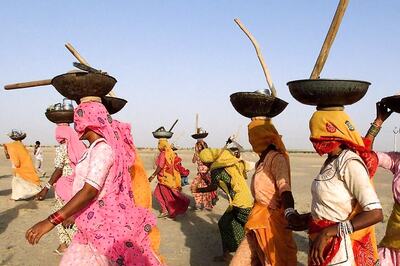





Comments
0 comment